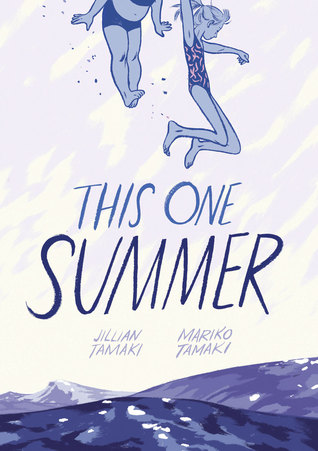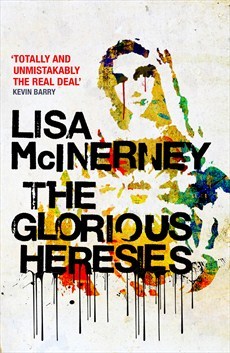
My challenge: to read a book by an author with the same initials as me. Chris Cleave, you win! I've read and loved Little Bee, but Incendiary came with such an unusual description, it took me some time - and a little encouragement - to pick it up. I mean, a book about"a distraught woman who writes a letter to Osama bin Laden after her four-year-old son and her husband are killed in a suicide bomb attack at a soccer match in London"? What the...? I tentatively picked it up not at all sure what to expect.
This just proves that sometimes overthinking a book description does you no good. Sometimes you just have to actually pick up the book, read a few pages and find out for yourself what the fuss is all about. You can always abandon the fuss if it's not your cup of tea, but you might just end up discovering something great.
I don't know how he did it, but Chris Cleave somehow managed to make a book about a terrible act of terror darkly comedic, but in the most respectful way. He somehow managed to squeeze moments of all-caps relief into what could have been a bleak, hopeless theme. Incendiary follows the unnamed narrator through a full year from the moment her husband and only child go off to a soccer match and get blown up as she's busy participating in the most unique sex scene involving a televised soccer match and a couch session I've ever read. (I mean, realistically, it's probably the only combined soccer/sex scene I've ever read, but...phew.)
From the moment she sees the explosion on screen, she starts experiencing horrible, constant PTSD. There are quite a few graphic scenes throughout the entire novel describing bodies burning/raging fires/horrifying violent and sexual scenarios that all help the reader feel the alarming things the narrator is experiencing, so if you're in any way sensitive to that sort of graphic content, you might want to be aware of its presence throughout the book. But the magic that Chris Cleave conjures throughout these scenes of terror is that none of it is gratuitous. Without such vivid descriptions, we just wouldn't get inside the narrator's head like we need to in order to feel empathetic to what she's going through and exactly how much her own world has been blown to bits.
She gets herself tangled up in people's lives in completely unexpected ways - in particular, her neighbour across the way, Jasper, and his girlfriend, Petra, as well as a chief superintendent of police, Terrence, who comes to be her boss. Under any other circumstances, her relationship with Jasper and Petra in particular might be far-fetched, but because of her PTSD and literally having her world turned upside down to the point where she doesn't have the ability to think clearly, it manages to feel believable. It's hard to have healthy relationships and transparent thinking when you've experienced that level of shock and life as you knew it was ripped away.
You might be wondering about the letters to Osama. She writes them to let him know exactly how his actions are directly affecting people on the other end of his reign of terror. He was sitting over on one side of the world directing suicide bombers while the people she loved the most in the world were ripped away from her, leaving her reeling. The city of London, where they all lived, adjusts and isn't the same. There are nighttime curfews and tributes to the dead and heightened security and everyone's on edge. She ultimately wants bin Laden to rethink his methods. Her letters to Osama are a form of therapy and a way of trying to process her grief.
It must be reiterated that this book just wouldn't be the same without its many moments of wry, dark humor. It's a bold, dramatic look into the life of a woman who's experienced firsthand the horrors of terrorism, the joy of deep motherly love, and how life can change in the blink of an eye. It's about how disorder can change a person's life in seconds, but equally about how order can be used to restore a fragmented life, even if the pieces will never quite fit together the same again.
Judge the cover: 4/5









